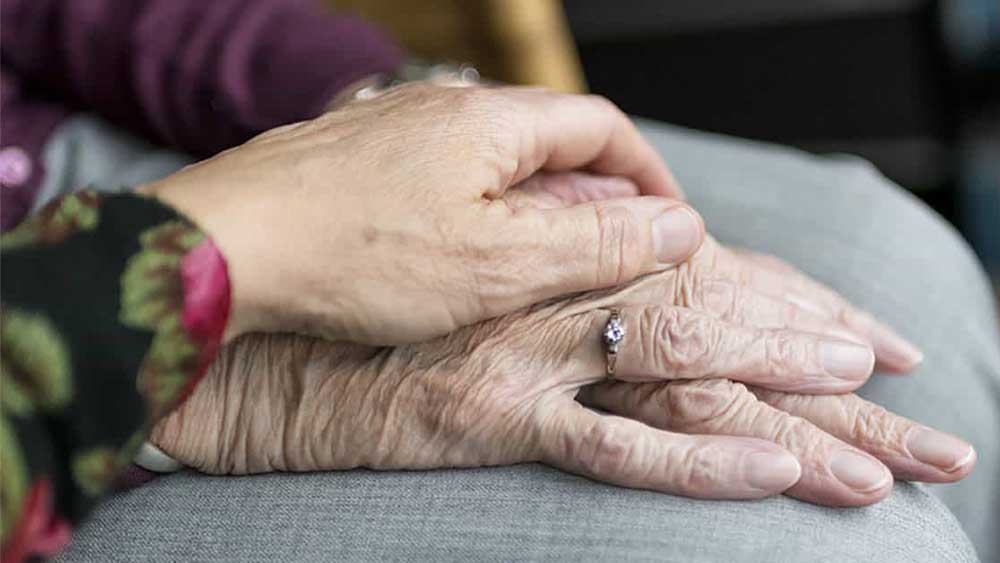

10 Summer Health and Safety Tips for Seniors
Summer is here! It’s so nice to get outdoors, enjoy the sunshine, and be more active. Here are 10 tips that can keep seniors safe and healthy during the warmest months and longest days.
Statistics show that of all weather-related emergencies, extreme heat is the deadliest—especially for older adults. In March 2022, the American College of Cardiology reported that extreme heat events are on the rise in the U.S., causing a corresponding rise in heat-related deaths. “Heat can cause increased strain on the heart and trigger events such as heart attacks,” they report. “In addition, some heart disease risk factors, such as diabetes—as well as heart medications, such as diuretics and beta blockers—can affect a person’s ability to regulate their body temperature and make it difficult to handle extreme heat.”
Before summer arrives, have your cooling system inspected. If your home doesn’t have central air, install a window unit in at least one room if possible. On very warm days, heat buildup can be lowered by opening windows during early morning and evening to let in cooler air, then closing windows and drapes as temperatures rise during the day. Use fans to circulate air.
Experts warn that during extremely hot days, a home with inadequate or no air conditioning may reach a dangerous temperature. Summer conditions sometimes lead to power outages, so even if your home is adequately cooled, it’s good to have a backup plan. Learn about cooling shelters in the area. If you have disabilities, arrange for someone to check on you and provide transportation if necessary.
Heavy sweating, rapid pulse and muscle cramps are symptoms of heat exhaustion. Move to a cooler place, put wet cloths on your body or take a cool shower. If ignored, this condition can progress to heatstroke. Symptoms of heatstroke include body temperature higher than 104° F, confusion, and dry, flushed skin. Heatstroke is an emergency! Call 911 immediately.
On hot days, our bodies lose moisture more rapidly, so drink plenty of water or fruit juice, even if you don’t feel thirsty. Caffeinated beverages and alcohol can lead to dehydration, so drink some extra water after that cup of coffee or glass of wine. (If you are on a fluid-restricted diet, talk to your doctor about your intake of beverages.)
Lightweight, loose-fitting garments made of cotton, linen or other natural fibers are coolest. Avoid synthetic fabrics that trap heat and perspiration against the body. If you’ll be going in and out of air-conditioned spaces, bring a long-sleeved shirt or other light wrap for layering.
A beach crowded with sunbathers is a common summer sight—but the American Academy of Dermatology reminds us that a suntan is actually a sign of skin damage! Sun exposure can cause wrinkles and skin cancer. Avoid direct sun exposure during peak hours (10 a.m. to 3 p.m.). Wear a wide-brimmed hat and protective clothing. Apply sunscreen at least every two hours, and use a generous amount—about the amount that would fill a shot glass. Select sunscreen that is SPF 30 or higher, with ingredients that protect against both UVA and UVB rays.
Did you know the inside of your eyes can get a painful sunburn? Sun exposure also raises the risk of cataracts and age-related macular degeneration. The American Academy of Ophthalmology reminds everyone to wear sunglasses in the sun—and to select the right type of lens. “Wearing sunglasses without 100% UV protection is actually a serious health risk,” said Dr. Dianna Seldomridge, clinical spokesperson for the American Academy of Ophthalmology. Dr. Seldomridge says the price of sunglasses doesn’t matter—but size does, to block the sun from every angle.
Summer is peak thunderstorm season, and while the odds of being stuck by lightning are small, you can lower your risk even more by staying home if you hear thunder. If you’re outdoors, seek shelter, away from water and metal objects. And while spring is considered “tornado season,” these dangerous events also can occur during summer, as can hurricanes and tropical storms. Monitor weather alerts and follow the instructions of local officials.
Lyme disease, West Nile virus, Rocky Mountain spotted fever, and a number of other dangerous illnesses are spread by ticks, mosquitoes, fleas and other insects. Keep bugs out of your house with screens. Remove standing water where mosquitoes might breed. Protect yourself during hikes or picnics by using insect repellent and wearing pants and long-sleeved shirts. Avoid bushy areas. Check yourself, your pets and your belongings for ticks when you get home. It’s a good idea to take a shower, as well.
Right at Home’s professional caregivers help keep senior clients safe and comfortable throughout the year, and provide peace of mind for family. Use our location finder to contact your local Right at Home today and ask for a FREE in-home consultation.







